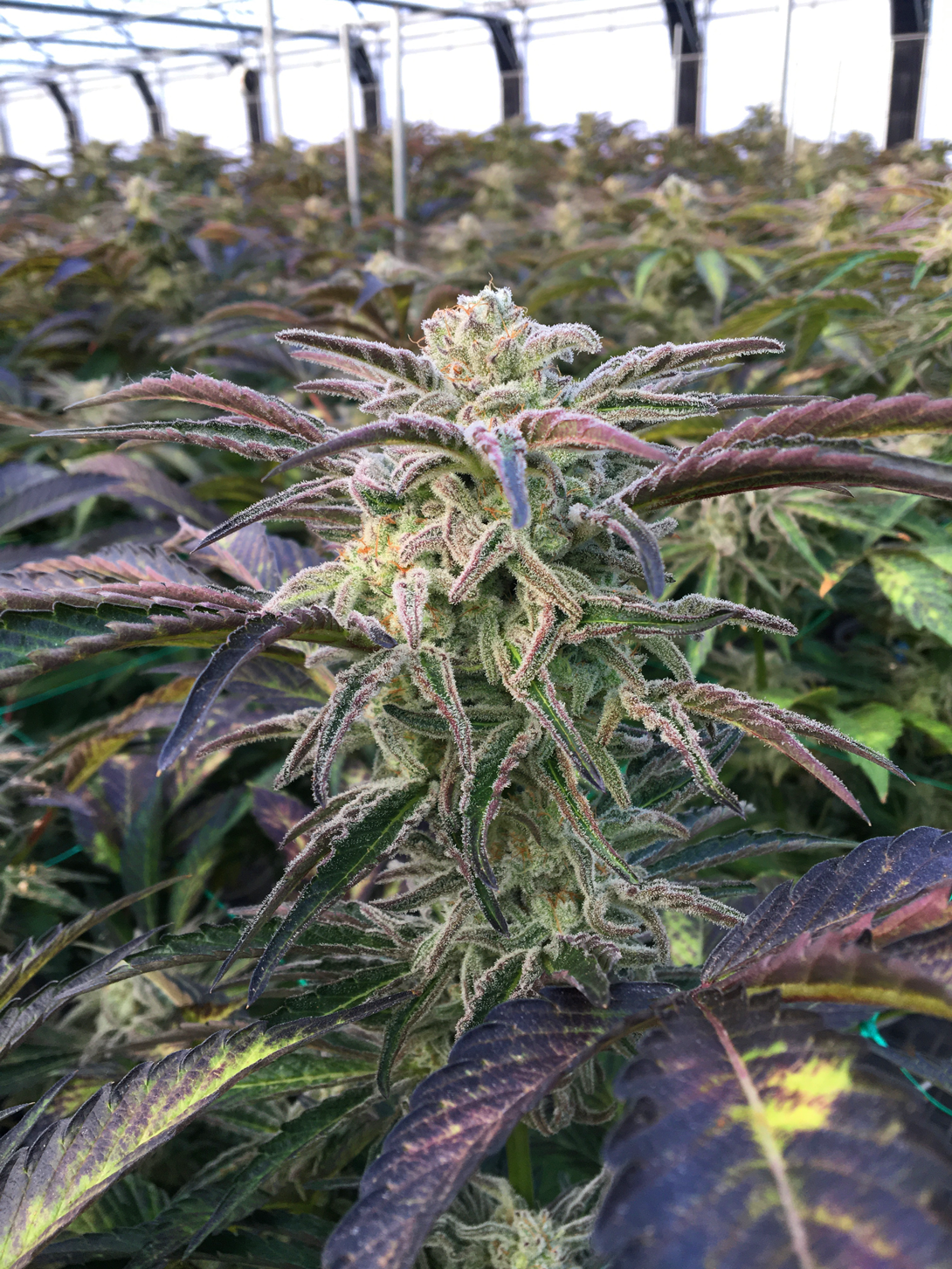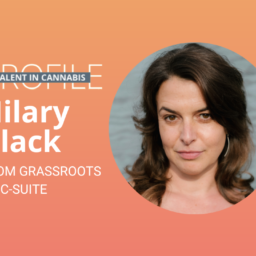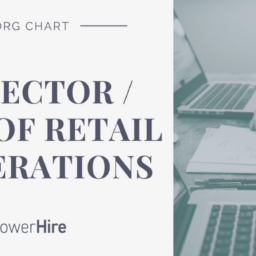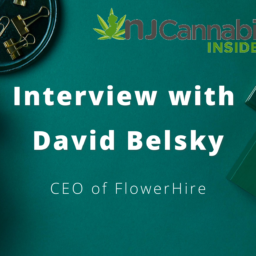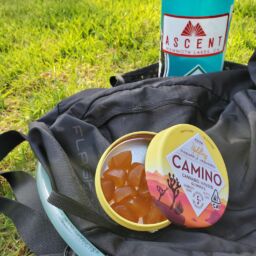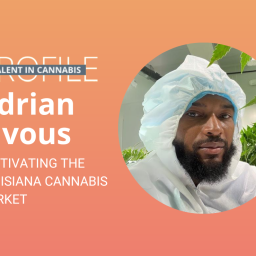Tiffany Garcia, grow manager at Glass House Farms, has progressed faster in her cannabis career than any other employee at Glass House Farms.
In the cannabis industry, many employees – especially in cultivation – have come from the unregulated, legacy market. When these employees are first considering a transition into the regulated market, there’s a lot of unknown. So many factors play a role in the decision to make the leap. Tiffany was one of these people, and her story is one of growth and discovery.
Tiffany tells us about how she:
- Stumbled into the unregulated cannabis industry
- Wrestled with her decision to join the regulated market
- Had to start back at the bottom when transitioning to the regulated market
- Let go of negative social stigmas and found her potential
- Sees the pros and cons of indoor and outdoor growing
- Has big hopes for the future of cannabis cultivation
- Advocates for cannabis cultivation education and processes
You can connect with Tiffany on Linkedin and read her interview story below.
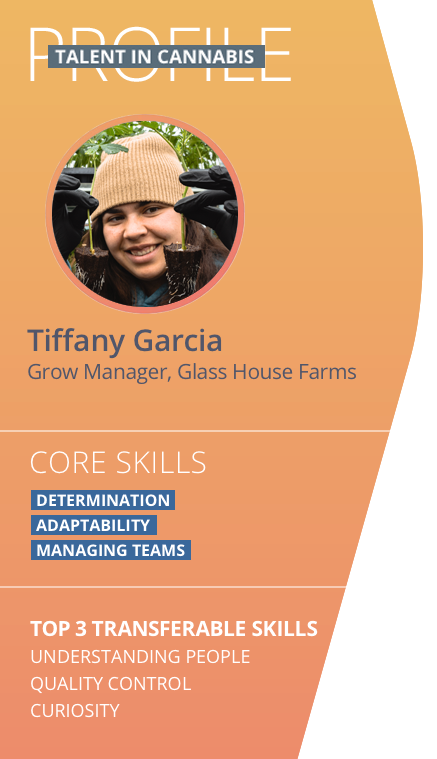
FROM PSYCH MAJOR TO STORE MANAGER TO GROW MANAGER
What is your current role as a cannabis cultivator and how did you get here?
I am the grow manager at Glass House Farms.
I never thought I’d be working with cannabis – or even agriculture. But when I was about 21-years-old, a friend reached out to me asking if I wanted to make some extra cash. In addition to being a full-time psychology major and employee, I was also thinking about owning a home and becoming financially independent from my parents. So my response was a strong hell yeah.
She gave me the number of her friend’s “small business” – I called. The guy who picked up asked me, “Have you ever trimmed weed before?” I was skeptical. But I wanted to try it out. Needless to say, I started and it became something I really enjoyed.
At the grow, we listened to music, podcasts, and trimmed weed. It was fun and the experience was eye-opening.
The light at the end of the grow room
We trimmed right near a door to the grow room. Every time the door would open and the grow lights would peak out, I found myself staring into the grow room.
One day, the owner came by and saw me staring at the door. Realizing my curiosity, he said, “You can go inside if you want…” I went inside and it was like a glowing light shining from heaven – like a scene you would see in a movie. I was so drawn to the plant.
Not long after that encounter, the owner asked me if I wanted to work at the grow full-time. While I was happy with the offer, I was very honest and transparent with both him and myself. I said “I don’t want to waste either of our time. This isn’t something I really see myself doing. Thanks for the opportunity but I have to pass.” I didn’t tell him this, but I was concerned with the legality of it all.
However, within one month, the grocery store I was working for filed for bankruptcy. I was going to be out of a job soon…
I went back to the owner to ask him if the job offer was still on the table. He said yes, and I started working with the plants at the grow. It was like it was meant to be.
Stepping up on the first day
I was well-equipped for my first day. I already knew the gist of how to take care of plants – procedures, PH level, parts-per-million, electric conductivity, food. During my training, the owner had to step out. He asked if I could do it on my own – I stepped up, jumped right in, and started tending to the crop on my own. Those months of constantly asking questions and following my curiosity paid off. I learned the job, the strains, and improved my growing skillset – I really loved working there. Once I graduated, I chose to stay at the grow.
But then, the facility got broken into and robbed twice in a three-month period. The owner decided to leave California and go to Montana. I was left with the option to either move to Montana or work somewhere else. Not wanting to leave California, I left and started working a grow in Santa Barbara.
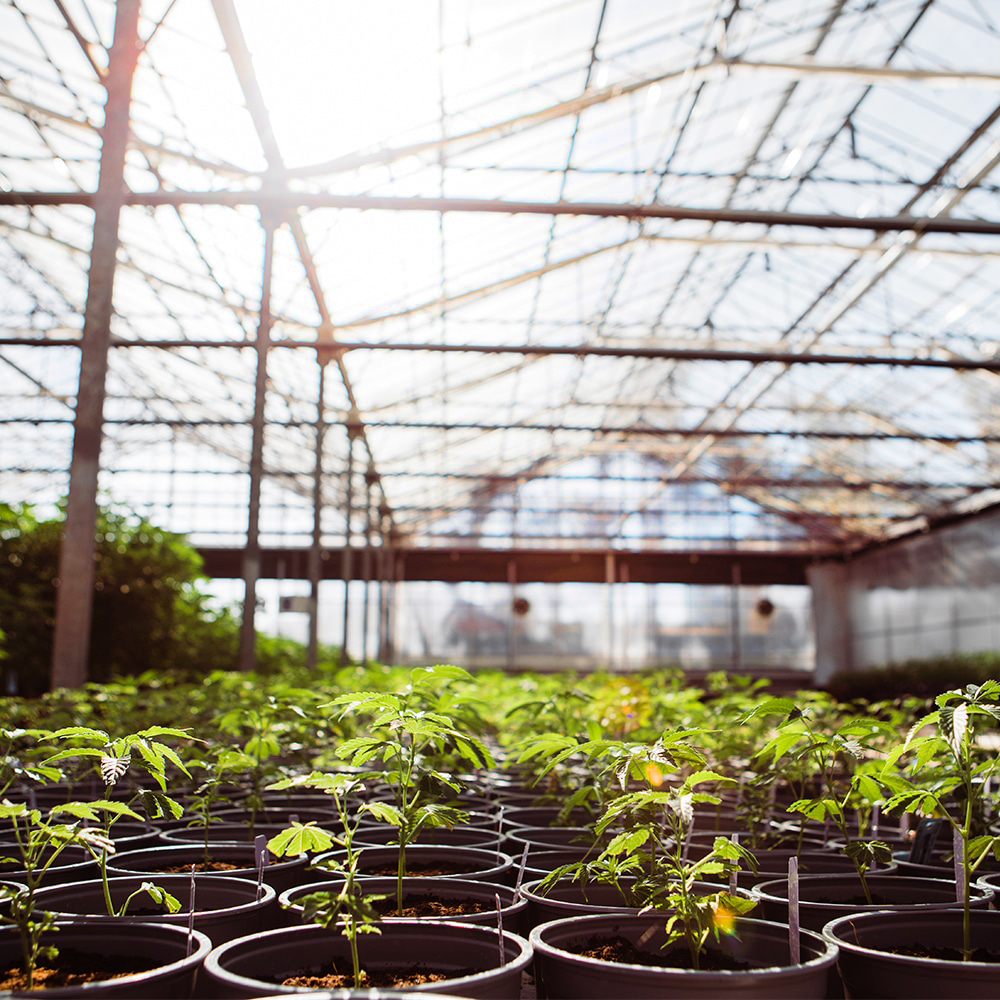
The next grow
The next grow is where I got experience with commercial scale. I was running indoor rooms, about 50-60 lights, and then twenty 30 feet by 100-feet greenhouses, all on a 40-acre property. That’s where I was handling tens, if not hundreds, of thousands of plants.
I had always liked the control of indoors. The cleanliness, control, and perfection drove me. Switching to outdoor growing with bugs, pests, and unpredictable weather was all a challenge. Those three years are where a lot of my experience came from. I loved it.
We were still underground, and my whole focus began shifting in 2018. I started having a stronger feeling that I needed to get into the legal market. Plus, my grow investor was pushing me to join the legal industry. We were starting to sign up for permits, I was running the operations, and my social security number was on documents. My name was on the line.
Well, within a month of me voicing my concerns and the desire to transition to the legal market, two SUV cop cars showed up at the facility. My heart sank. I wasn’t sure what to do.
I went up to the car and said, “Excuse me, you’re on my property, I didn’t give you permission to come in, can I help you?” We shared the property with someone who happened to have a heart attack – that’s why they showed up. The cops ended up leaving, even though it definitely looked suspicious.
My desire to move into the legal market was affirmed – the next day, I told the owner I was done. And a few months after I left, the whole spot ended up getting raided and shut down. I dodged it.
Today, I’m the grow manager at Glass House Farms. I’ve been with Glass House Farms for about 2 years. I’ve been growing cannabis for 8 years.
Transitioning from the unregulated to the regulated cannabis market
My first job in the regulated market was in compliance. I chose not to disclose that I was running huge operations in the unregulated market, so I took an extreme pay cut and had to start from the bottom all over again. But I knew that once I was in, they would see my skills, and I would move up fast.
After about six months, the head grower approached me and said “You know more than 95% of the people here, what are you doing in compliance?” I quickly became the assistant grower, and then the grow manager.
Going into the legal market was definitely a shift, but I have such an extreme passion for the plant and I really wanted to make it work long-term. The fact that I made the shift and found my place is something I’m really proud of.
What are your career goals?
One of my goals for this year is to put myself out there more. With my “black market” background, I always held back from putting myself out there in my career. But I have a passion for writing. I go to open mics and recite poetry. So I’m fairly comfortable being in the spotlight. In this industry, if you don’t put yourself out there, you’re kind of shooting yourself in the foot. Especially since this is a male-dominated industry.

How do you see your career changing in the future?
Right now, my passion is with plants and I love working at Glass House. We’re a group of like-minded individuals with the same goal – to grow good-quality cannabis, consistently.
In the next five to ten years, I’d love to do more education and teaching about cannabis cultivation. The industry is consistently lacking in training and education. Especially on the farm, there’s a high turnover rate for entry-level positions. A lot of companies rely on the people they have working for them and those people end up leaving the company. But if they had strong training, education, and processes at their company, it would run more smoothly and more employees would want to stay.
There’s a lot of room to maximize and make growth processes more efficient. I’ve already done some consulting and helped companies in this area. For one company, I was hired to help improve the clone success rate. At first, their clone success rate was 20%, I helped them get their clone success rate to above 85%. If we can make processes more efficient, it will improve the success rate of the product, and – I believe – it will decrease the employee turnover rate.
What’s the hardest thing you had to let go of to get you to where you are today?
Personally, I had to stop caring about the stereotypes and stigmas associated with the cannabis industry. My father is a very traditional Mexican-Catholic. To my dad, working with cannabis is “a sin.” I really had to put myself, my wants, and my passions first. Once I did, my life just started falling into place. Today, my father is more curious about what I do. He asks about my job and wants to see the farm.
Professionally, it was hard for me to let go of control when going from the indoor to the outdoor.
Letting go of both those things helped me propel forward in my career.
Is there a specific impact you’re hoping to make by working in cannabis?
My truest passion is helping others. I feel that I’m helping others every single day with cannabis. Many people use the product recreationally. But I’ve also gotten so much feedback from cancer patients and people with PTSD – I play a role in providing a good, clean, and pesticide-free product.
How has your background in psychology given you the skills you need in your current cannabis role?
In general, psychology has helped me better work with people – to level with and be empathetic towards others, especially in high-stress situations. It’s helped me to think like the employees I manage, given me the skills to break down a task, meet people where they are, all while knowing how to empower people and educate them to do the job.

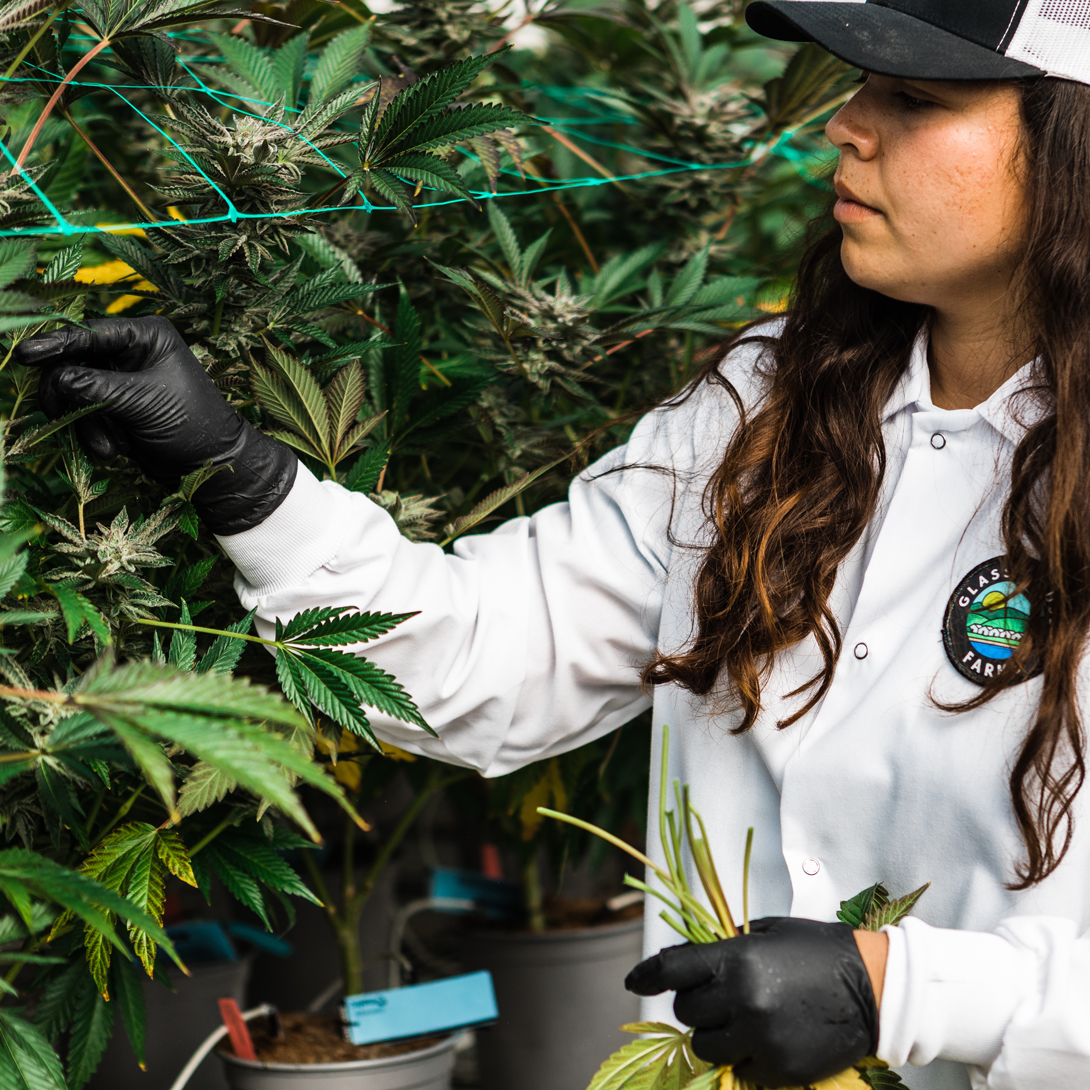
What do you think the top 3 traits are to being a successful cultivation leader in the industry today?
Adaptability. This industry is constantly changing, and you’re always dealing with compliance and legality.
Determination. You have to truly be passionate about cannabis in order to succeed. Things go wrong all the time. If the determination isn’t there, it’s easy to get discouraged.
Time management. There are always fifty things going on at once. But being able to execute and manage your priority list is extremely important.
Do you prefer growing indoor or outdoor cannabis?
I’ve been working in a greenhouse for about 4 years. I would say that greenhouses are the future of cannabis.
With indoor, I love the control. It’s almost like you’re playing God – you’re trying to reinvent nature. You’re recreating the lights and the natural process. But while I love indoors, it just doesn’t make sense when you’re growing a crop meant to be grown in nature, especially when you consider the cost of growing indoors versus outdoors.
The greenhouse is the best of both worlds. Working in a state-of-the-art greenhouse, you have the natural sunlight and all the equipment you need to control and crop steer your plants. At Glass House Farms, we are growing at scale and heavily rely on automation.
Plus, I love being outside in the natural sun. Being outside in the natural light just feels right. I used to get headaches being indoors under all the lights. Now, I get the best of both worlds.
What are some technologies you would like to see emerge in cannabis cultivation?
I would love to see some sort of technology that helps preserve the shelf life of cannabis a little bit longer. Cannabis is only good for a certain amount of time, so something like that would be groundbreaking.
Also working at a large scale, some sort of automated technology to help with scouting and IPM. If you’re working at a large facility (100+ acres), trying to send people to walk the crop almost seems absurd.

What’s your favorite cannabis strain to grow and why?
I like growing Sativas which is less common – most people want Indicas. I like growing strains that I’ve never grown before. I like the challenge of finding out exactly what the plant wants and needs. It’s like an intimate, unspoken conversation that you have with the plant.
At Glass House Farms, I love growing the Mac 1. It’s a very strange plant. It takes a long time to veg and flower. But if you understand the plants’ wants and needs, it will be the most beautiful plant you’ve ever seen in a greenhouse.
Why do you think people should consider a career in cannabis cultivation?
If you want to work with plants or in the agricultural field in general, it’s one of the fastest-growing industries. It creates a lot of opportunities and jobs for our economy. But of course, you need to be interested in and passionate about cannabis.
Are you looking for a career in cannabis cultivation?
Check out the careers in cannabis job board or reach out to a cannabis recruiter.
Plus, make sure you’re informed on how much you should be paid with our Cannabis Cultivation Salary Guide.
